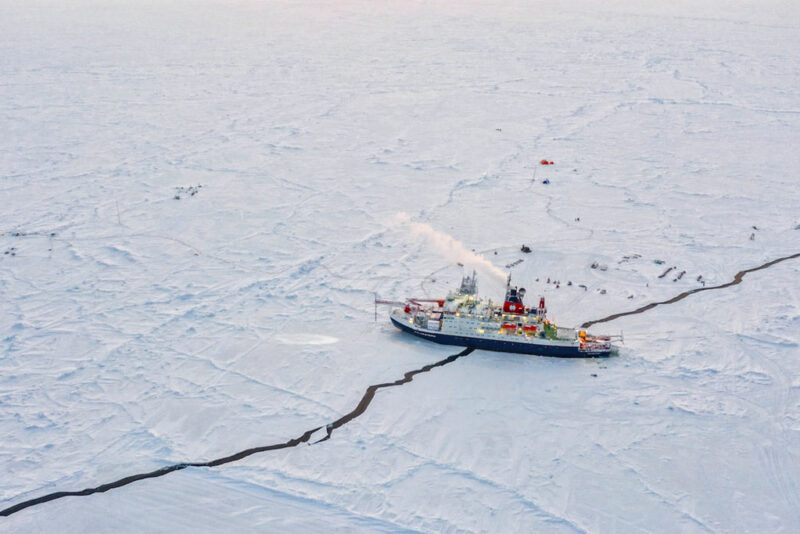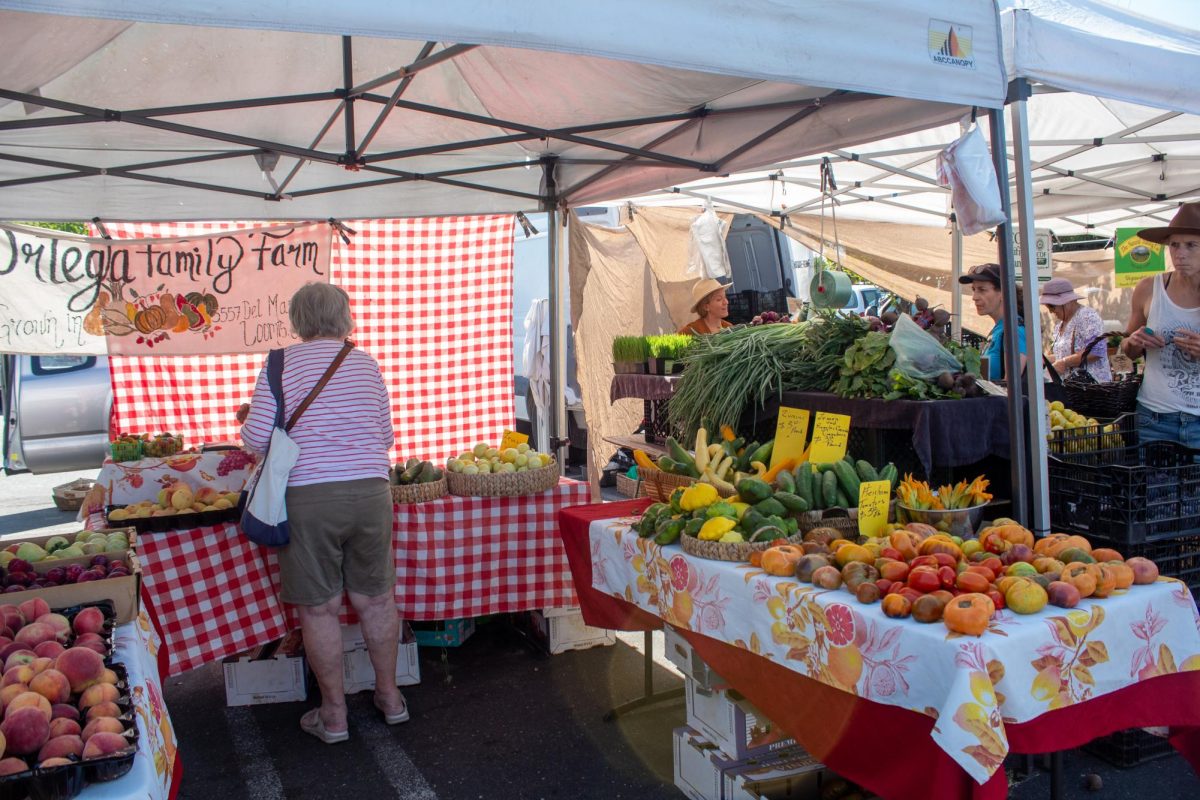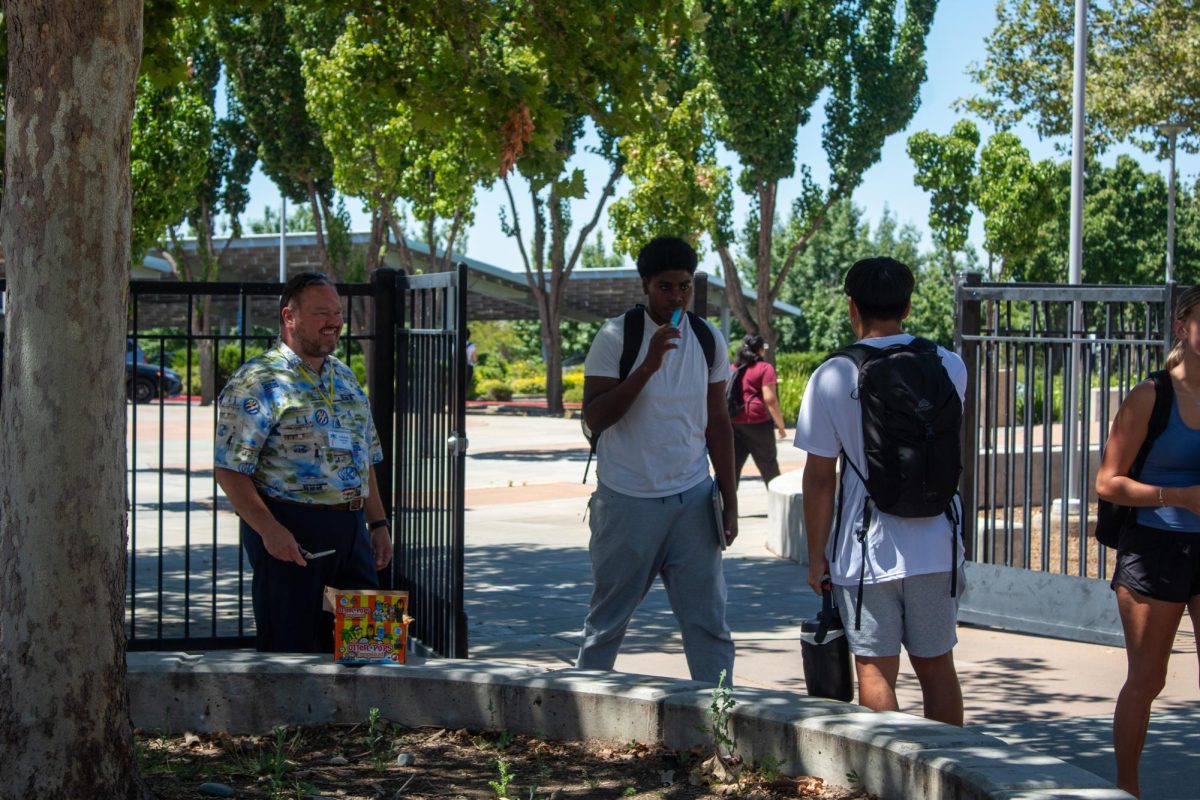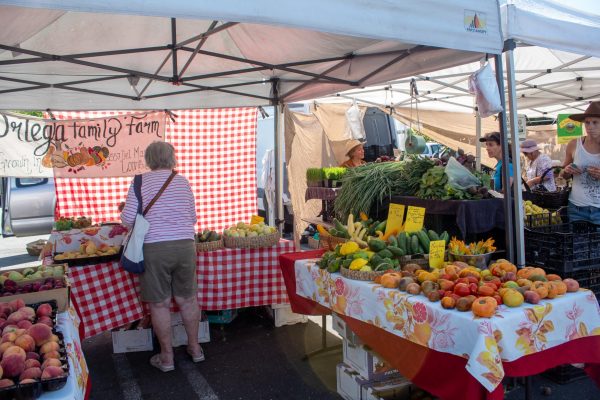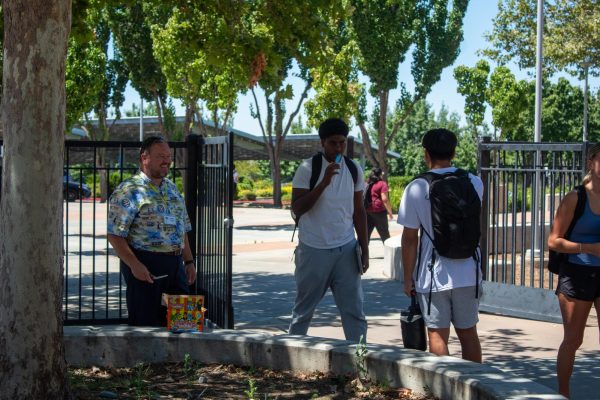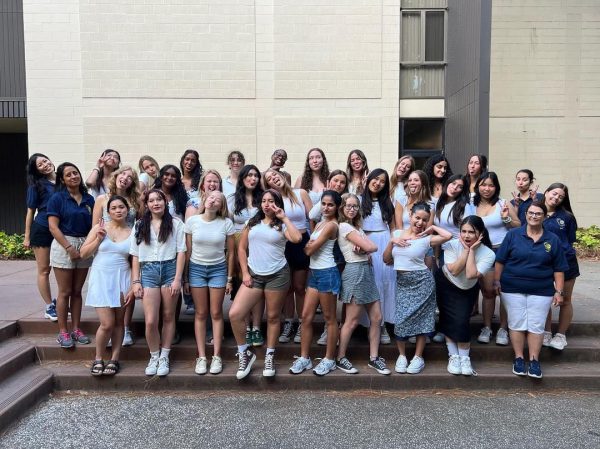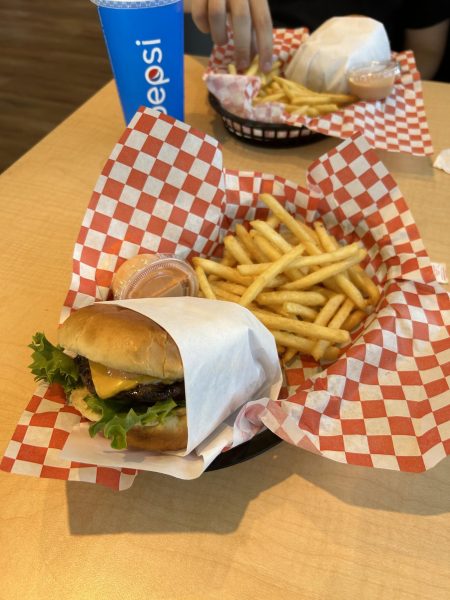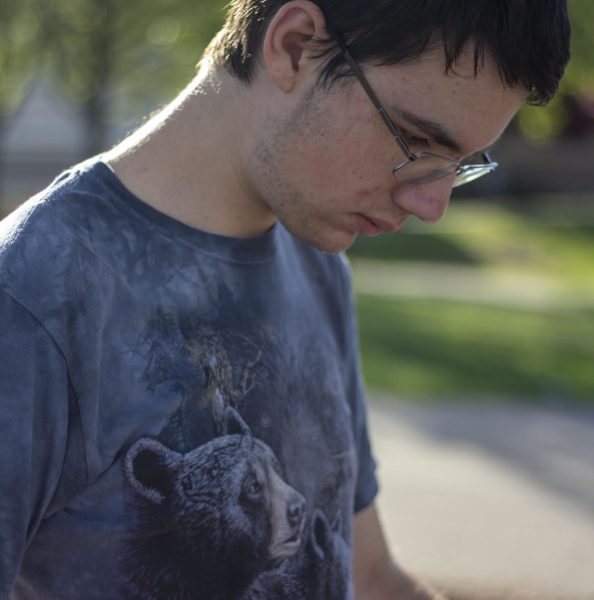The Willow Project: Helpful or Harmful?
Rocklin High School Teachers Mark Hardy and Bill Kimmel discuss economic and environmental perspectives to the recently approved Willow Project.
May 23, 2023
Approved by The Biden Administration on March 13, 2023, The Willow Project has amassed large amounts of controversy from all areas of the political spectrum. The Willow Project is a large-scale oil drilling project by ConocoPhillips in Alaska’s National Petroleum Reserve.
Drawing criticism from climate change activists, The Willow Project is expected to produce 239 million metric tons of carbon dioxide emissions throughout its duration, almost equivalent to adding around 2 million cars fueled by gasoline to the roads each year. However, this oil drilling project is also expected to produce around 600 million barrels of oil in total, allowing for a decrease in the United States dependence on foreign oil. “The United States historically has been a large importer of oil. Oil is more readily and cheaply available in Saudi Arabia, Venezuela, particularly from the Middle East”, said Rocklin High School [RHS] AP Microeconomics teacher Mark Hardy.
Alongside these countries, the United States has also previously imported oil from Russia. However, tensions due to the war between Russia and Ukraine have led to the US banning the import of Russian oil. “Seeing that impact of that Russian instability on neighboring Europe and many of our allies, basically helps to underscore that if we are getting significant oil from overseas, any sort of tension overseas, there is a strong argument to not be dependent on others for sources of our energy, particularly unstable countries like Saudi Arabia, Venezuela, etc”, said Mr. Hardy.
While also decreasing the dependence on other countries as oil sources, The Willow Project brings certain economic benefits to the table. “You do have to mention the benefits for Alaska. Job creation, revenue creation, even Native Alaskans on the North slope are divided because they recognize the potential ecological harm as well”, said Mr. Hardy. “Many see the benefits to local tribes and so forth for job creation and revenue creation there as well. Economics is all about weighing costs and benefits against one another.”
The possible environmental impacts have brought criticism from all sides of the political spectrum. Protesters have also been saying that President Biden broke one of his main campaign promises of no more drilling on federal lands. “Specifically, his promise was to not let any new oil or gas drilling projects. Biden and his spokespeople have justified this by saying these were existing leases that were approved under the Trump administration, that their hands were legally tied. They also defend the fact that they have actually shrunk the project from its original proposal”, said Mr. Hardy. The Trump Administration originally approved the project back in 2020 to function with five drill pads, which The Biden Administration reduced down to three drill pads in their approval of the project.
“A scientist is really going to ask the cost-benefit question that you would see from ecology or economics”, said RHS AP Environmental Science teacher Bill Kimmel. While we are transitioning towards renewable energy, oil production isn’t going to disappear. “If the reality is that we have to use these fossil fuels for the next twenty years, there is an argument to be made to use the cleanest fossil fuels that have the best geopolitical relationship”, said Mr. Kimmel. “If [The Willow Project] is the cleanest oil that you can extract from an environmental perspective, and you don’t extract oil that is more environmentally damaging, maybe in a really sensitive salmon habitat or in a place with high human population density, then using this oil would be environmentally better than using oil from a different place”.
Many consumers simply swipe to the left on their cell phones to take a glance at the top stories of the day, and belive the headline to tell the full story. In reality, news stories are much more complex and detailed than a single headline can tell.



